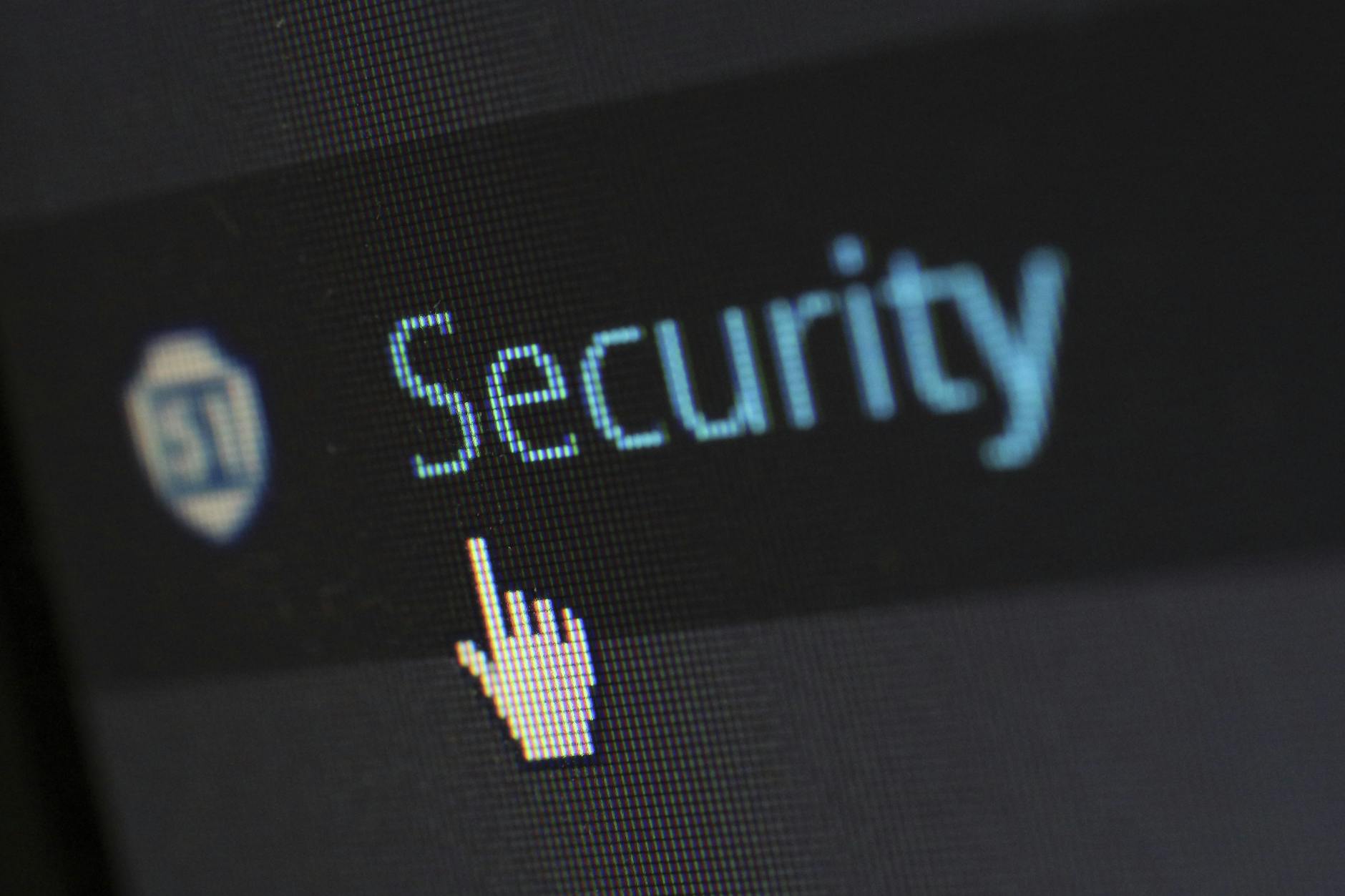To embark on a career as a security guard, you must meet specific requirements set by state regulatory bodies. These requirements ensure that individuals in this role are qualified, trustworthy, and capable of performing their duties effectively.
A. Age and citizenship requirements
Most states require security guard applicants to be at least 18 years old and either a U.S. citizen or a legal resident with the right to work in the country. Some specialized positions may have higher age requirements.
B. Educational qualifications
While a high school diploma or GED is typically the minimum educational requirement, some employers or jurisdictions may prefer or require additional education or relevant experience.
C. Background check and fingerprinting process
A clean criminal record is crucial for obtaining a security guard license. Applicants must undergo:
Comprehensive background check
Fingerprinting for state and federal database searches
Review of any past criminal activities or convictions
D. Training and certification programs
Security guards must complete state-mandated training programs, which may include:
| Training Component | Description |
|---|
| Basic Training | Covers fundamental security principles and practices |
| Firearms Training | Required for armed security positions |
| First Aid/CPR | Essential for emergency response situations |
| Specialized Training | May be required for specific industries or roles |
E. Physical fitness standards
While physical requirements vary, security guards should generally be in good health and capable of performing job-related tasks. Some positions may require:
Passing a physical examination
Meeting specific fitness standards (e.g., strength, endurance)
Vision and hearing tests
With these requirements in mind, let’s explore the step-by-step process of obtaining your security guard license.




